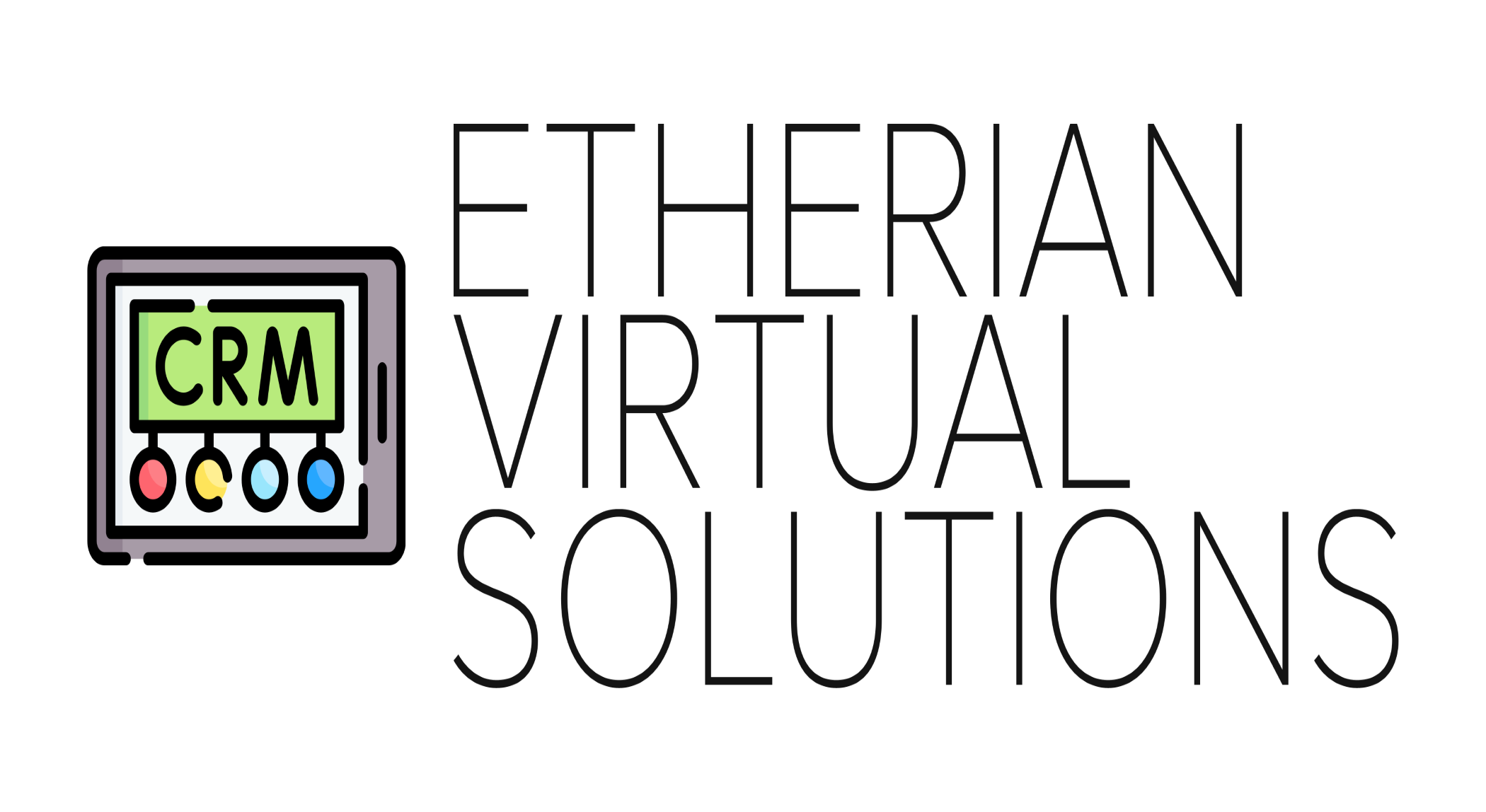
Introduction
In today’s fast-paced world, the concept of work-life balance has become increasingly important as individuals strive to achieve their personal and professional goals. The pursuit of work-life balance is not merely a trend; rather, it is a fundamental aspect of overall well-being that can pave the way for long-term success. This article will explore the intricate relationship between work-life balance and success, shedding light on its definition, importance, and practical strategies for achieving it. With insights into career management and advancement, readers will gain a comprehensive understanding of how to align their professional aspirations with personal fulfillment.
Understanding Work-Life Balance
Definition of Work-Life Balance
Work-life balance refers to the equilibrium between personal life and professional responsibilities. It embodies the notion of allocating adequate time and energy to both work and personal pursuits, thereby fostering an environment where neither aspect unduly encroaches on the other. Achieving this balance is crucial for maintaining mental health, physical well-being, and overall life satisfaction.
Work-life balance is not a one-size-fits-all concept; it varies widely among individuals based on their unique circumstances, preferences, and life stages. For some, it might mean flexible working hours, while for others, it could involve setting firm boundaries around work tasks during personal time. Understanding this flexibility is essential for anyone seeking to cultivate a balanced lifestyle.
Importance of Work-Life Balance for Success

The significance of work-life balance in the pursuit of success cannot be overstated. Research has shown that individuals who prioritize work-life balance tend to experience higher levels of productivity, engagement, and job satisfaction. This, in turn, leads to improved performance in the workplace and enhances overall career prospects.
Moreover, achieving a harmonious work-life balance can help prevent burnout, reduce stress levels, and foster resilience. Employees who maintain this balance often report feeling more motivated and energized, which positively impacts their contributions to their organizations. In summary, embracing work-life balance is not just beneficial for personal well-being; it also serves as a catalyst for professional success.
Common Misconceptions
Despite the well-documented advantages of work-life balance, several misconceptions persist that can hinder individuals from pursuing it effectively. One prevalent myth is that achieving balance requires sacrificing career advancement. In reality, many successful professionals manage to balance their responsibilities while still ascending the corporate ladder. The key lies in effective time management and prioritization.
Another misconception is that work-life balance is solely about reducing work hours. While flexible schedules can contribute to a better balance, true equilibrium involves making conscious choices about how to spend time, whether at work or at home. Being present and engaged in each sphere of life is fundamental to fostering lasting fulfillment and success.
The Convenience of Managing Your Own Career
Benefits of Career Autonomy

Career autonomy refers to the ability to control one’s own career trajectory, including choosing work environments, projects, and schedules. This autonomy allows individuals to align their careers with their values and personal goals, ultimately contributing to a more satisfying work-life balance. Professionals with career autonomy can tailor their work commitments to accommodate personal responsibilities, leading to reduced stress and increased job satisfaction.
Furthermore, career autonomy fosters innovation and creativity. When individuals have the freedom to explore and experiment within their roles, they are more likely to develop unique solutions and enhance their skill sets. This not only benefits the individual but also contributes positively to organizational growth and success.
Strategies for Effective Self-Management
Effective self-management is essential for harnessing career autonomy and ensuring a balanced life. One key strategy is setting clear, achievable goals that align with both professional aspirations and personal values. By establishing priorities, individuals can manage their time effectively and make informed decisions about where to focus their energy.
Another vital aspect of self-management is maintaining boundaries. It is crucial to delineate when work ends and personal time begins. This may involve setting specific work hours, communicating availability to colleagues, and resisting the urge to check work emails during personal time. Cultivating these boundaries is essential for nurturing relationships and personal interests outside of work.
Tools and Resources for Career Management
In the digital age, numerous tools and resources are available to assist individuals in managing their careers effectively. Project management software, time-tracking applications, and productivity tools can help professionals stay organized and focused on their tasks. Additionally, online courses and educational platforms provide opportunities for continuous learning and skill development.
Networking platforms, such as LinkedIn, serve as vital resources for career advancement. They allow individuals to connect with industry peers, seek mentorship, and explore job opportunities that align with their career goals. Leveraging these tools can enhance personal and professional growth while supporting the pursuit of work-life balance.
Advancing to a Higher Level Career-Wise
Identifying Career Advancement Opportunities
Career advancement hinges on recognizing and seizing opportunities that align with one’s skills and ambitions. This may include seeking promotions within one’s current organization, exploring lateral moves to gain diverse experience, or even pursuing entrepreneurial ventures. Identifying these opportunities often requires proactive engagement in performance evaluations, networking events, and industry conferences.
Being open to feedback and willing to adapt is also crucial for identifying advancement opportunities. Constructive criticism can provide valuable insights into areas for growth, enabling individuals to refine their skills and increase their marketability. Continuous self-assessment and professional development are key components of a successful career trajectory.
Skills Development for Career Growth
Skills development plays a pivotal role in career advancement. Professionals must continuously hone their skills to remain competitive in a rapidly evolving job market. This may involve pursuing further education, certifications, or specialized training in relevant fields. Staying informed about industry trends and emerging technologies is essential for identifying which skills will be most valuable for future roles.
Moreover, soft skills, such as communication, teamwork, and emotional intelligence, are increasingly recognized as critical for career success. Developing these skills enhances one’s ability to collaborate effectively, lead teams, and navigate workplace dynamics. Investing in both hard and soft skills is vital for fostering resilience and adaptability in one’s career.
Networking and Building Professional Relationships
Networking is an indispensable element of career advancement and plays a significant role in achieving work-life balance. Building and nurturing professional relationships can provide access to mentorship, job opportunities, and valuable insights into industry trends. Engaging in networking events, both in-person and online, is crucial for expanding one’s professional circle.
Furthermore, maintaining a diverse network can enhance one’s perspective and foster innovation. Collaborating with individuals from various backgrounds and experiences can lead to fresh ideas and approaches to problem-solving. Prioritizing relationship-building within one’s industry can yield long-term benefits for both career advancement and personal development.
Conclusion
Recap of Key Points
In conclusion, achieving work-life balance is a critical component of personal and professional success. By understanding its definition and importance, individuals can make informed decisions to cultivate a fulfilling lifestyle. Embracing career autonomy and effective self-management strategies empowers professionals to navigate their careers while maintaining personal well-being.
Moreover, recognizing and pursuing career advancement opportunities, coupled with ongoing skills development and networking, can significantly enhance one’s career trajectory. Ultimately, achieving a harmonious work-life balance lays the foundation for long-term success and fulfillment.
Encouragement to Pursue Work-Life Balance
It is essential for individuals to prioritize work-life balance in their pursuit of success. By integrating personal values into professional aspirations and actively seeking opportunities for growth, one can thrive in both spheres of life. The journey towards achieving this balance may require ongoing effort and adjustment, but the rewards are undoubtedly worth it.
Final Thoughts on Achieving Success
In the relentless pursuit of success, maintaining a work-life balance is paramount. By taking proactive steps to manage one’s career, develop necessary skills, and nurture professional relationships, individuals can achieve not only their career goals but also their personal aspirations. A well-rounded and balanced approach to life ultimately leads to deeper satisfaction and a more enriched existence.
FAQs
What is work-life balance?
Work-life balance refers to the equilibrium between personal and professional responsibilities, ensuring that neither aspect overshadows the other. It is a dynamic state where individuals allocate appropriate time and energy to work and personal pursuits.
Why is work-life balance important?
Work-life balance is essential for maintaining mental health, reducing stress, preventing burnout, and increasing job satisfaction. It leads to enhanced productivity and overall success in both personal and professional spheres.
How can I achieve work-life balance?
To achieve work-life balance, set clear goals, establish boundaries between work and personal time, prioritize tasks, and utilize tools for effective time management. Communication with employers and colleagues about your needs is also vital.
What role does career autonomy play in work-life balance?
Career autonomy allows individuals to control their career trajectory, tailoring their work commitments to align with personal life. This flexibility contributes significantly to achieving a healthy work-life balance.
How can I advance in my career while maintaining work-life balance?
To advance in your career, identify growth opportunities, develop relevant skills, and build professional relationships through networking. Balancing these pursuits with personal commitments is crucial for long-term success and fulfillment.
